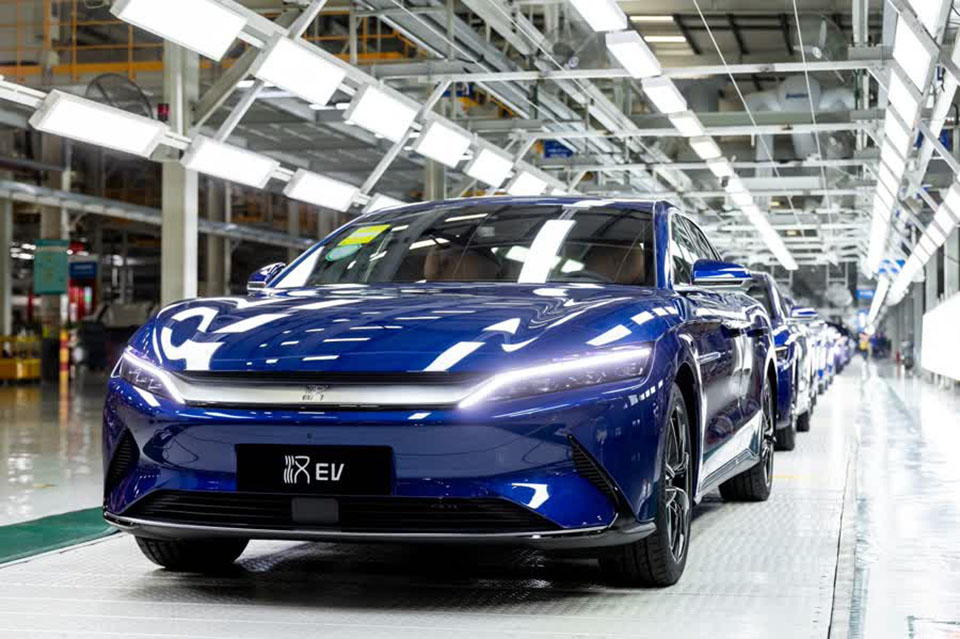
Thailand’s Siam Motors partnered with Nissan Motors in 1962 with a factory that rolled out four cars a day, leading to a profitable, decades-long relationship with Japanese companies that transformed it from a car dealer to an automotive pioneer.
However, the Thai family-owned group that has grown annual revenues to US$7 billion on the back of that success is now looking at opportunities elsewhere.
Vice President Sebastien Dupuy said in an interview that Siam Motors is in talks with several Chinese automakers about potential partnerships, particularly for high-end electric vehicles (EVs).
He said, “EVs will be a nice pocket of growth,” adding, “There is a market growing for that, and we want to capture the growth.”
Siam Motors’ position reflects a rapid shift underway in Thailand, where Chinese investments worth $1.44 billion since 2020 – including by BYD and Great Wall Motor – have opened a new front in a market Japanese automakers historically dominated.
Close on the heels of a sales crisis in China, Japanese automakers now face a battle for another key Asian market because of what has been a go-slow approach to EVs, according to registration data, industry officials and analysts.
The Chinese wave is already beginning to reshape Thailand’s auto industry, as EV makers from China bring in their suppliers and local Thai firms – including those with longstanding links to Japanese companies, like Siam Motors – seek new partnerships.
However, China surpassed Japan as Thailand’s top foreign investor last year, boosted by BYD’s investment in a new plant set to start up in 2024, amid concerted efforts by Thai officials to draw Chinese EV producers.
Thailand’s transition offers a test case for other economies as Chinese automakers ramp up exports and build overseas production hubs, partly in response to a hypercompetitive home market for electric cars. (NNT)






